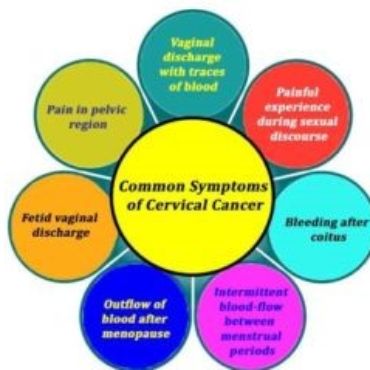Is it really necessary to take vitamin and mineral supplements if you follow a balanced diet? Well, it depends on your situation, really. Here’s some sound advice from DietDoc.
Recently it was reported in the media that Oxford experts had found that taking supplements of vitamins E and C, and beta-carotene had no effect on the risk of heart disease over a five-year-period. The media, therefore, concluded that taking vitamin and mineral supplements is not necessary if you eat a balanced diet.
Storm in a teacup
This type of reporting could be viewed as irresponsible, because it only gives half the facts and jumps to conclusions without presenting the reader with sufficient information to make a balanced judgement. It is a veritable storm in a teacup which may sell more newspapers and make a sensational story, but does not do the public any good.
Historical perspective
Ever since the first vitamins were discovered early in the last century, nutritionists and dieticians have told their patients and the public at large that it is not necessary to take supplements if you have a balanced diet. So there is nothing new in the conclusion the media presented to the public a few weeks ago.
What the media did not state, however, is that countless studies have produced evidence that there are many population groups, especially in countries like South Africa, that suffer from what is known as “subclinical deficiencies” of some, if not all vitamins and minerals. Studies are also showing that certain vitamins, minerals, essential fatty acids, and bioflavonoids can protect the body against a host of so-called “degenerative diseases” (diabetes, heart disease, cancer, arthritis, impaired immunity, Alzheimer’s Disease) and developmental deficits (spina bifida, low birth-weight, poorly developed nervous system and eye problems).



Add Comment